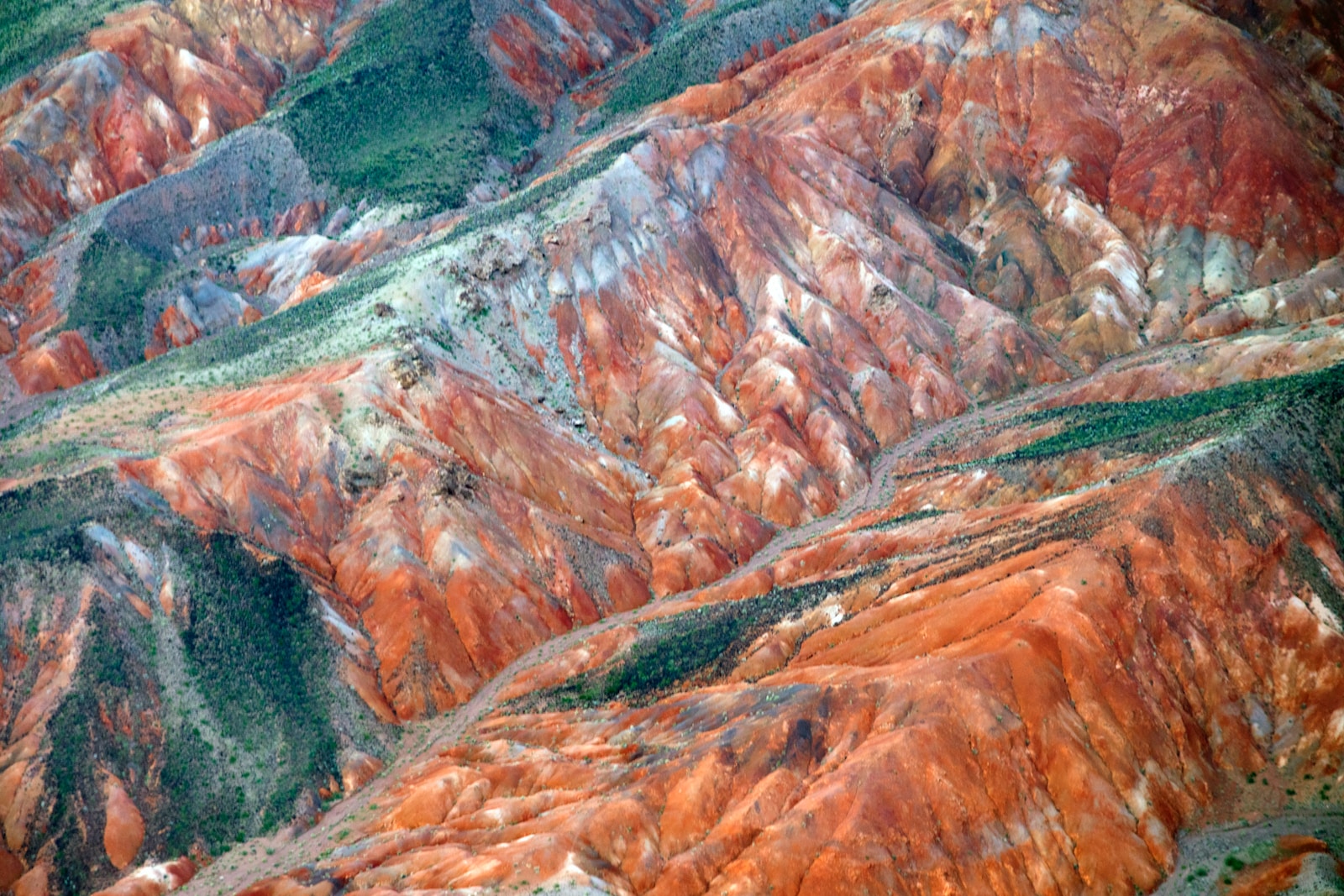Table of Contents
ToggleIntroduction to Cobalt Mining in the Congo
The Democratic Republic of Congo (DRC) is the world’s largest producer of cobalt, a mineral that is essential for the production of batteries used in electric vehicles and smartphones. However, the mining of cobalt in the Congo has been plagued by human rights abuses and forced labor.
The Issue of Forced Labor in Cobalt Mining
Many cobalt mines in the Congo rely on forced labor, including child labor, to extract the mineral from the ground. Workers are often paid very little and work in dangerous and unsanitary conditions. The use of forced labor in cobalt mining is a violation of human rights and has been condemned by international organizations.
The Impact of Cobalt Mining on Local Communities
Cobalt mining has had a devastating impact on local communities in the Congo. The mining industry has displaced indigenous people from their land and destroyed their livelihoods. The pollution caused by mining activities has also had a negative impact on the health of local residents, with many suffering from respiratory problems and other illnesses.
The Role of Corporations in Cobalt Mining
Many large corporations, including tech companies and automakers, rely on cobalt mined in the Congo for their products. However, these companies have been criticized for not doing enough to address the issue of forced labor in the mining industry. Some have taken steps to improve working conditions and reduce the use of forced labor, but more needs to be done.
What Can Consumers Do to Help?
Consumers can play a role in addressing the issue of forced labor in cobalt mining by making informed purchasing decisions. By choosing products that are made with responsibly sourced cobalt, consumers can send a message to corporations that they care about human rights and ethical business practices. Additionally, consumers can support organizations that are working to improve working conditions and reduce the use of forced labor in the cobalt mining industry.
Conclusion:
The issue of forced labor in cobalt mining in the Congo is a complex and troubling problem that requires action from governments, corporations, and consumers. By working together, we can ensure that the mining of cobalt is done in a responsible and ethical manner that respects human rights and protects local communities.
FAQs
Q: What is cobalt mining in the Congo?
A: Cobalt mining in the Congo is the extraction of cobalt, a mineral that is used in the production of batteries for electric vehicles and smartphones, from mines located in the Democratic Republic of Congo.
Q: What are the human rights abuses associated with cobalt mining?
A: Many cobalt mines in the Congo rely on forced labor, including child labor, to extract the mineral from the ground. Workers are often paid very little and work in dangerous and unsanitary conditions. This constitutes a violation of human rights and has been condemned by international organizations.
Q: Which corporations are involved in cobalt mining?
A: Many large corporations, including tech companies and automakers, rely on cobalt mined in the Congo for their products. Some of the major players in the cobalt mining industry include Glencore, China Molybdenum, and Huayou Cobalt.
Q: What can consumers do to help address forced labor in cobalt mining?
A: Consumers can make informed purchasing decisions by choosing products that are made with responsibly sourced cobalt. They can also support organizations that are working to improve working conditions and reduce the use of forced labor in the cobalt mining industry.
Q: How does cobalt mining impact local communities?
A: Cobalt mining has had a devastating impact on local communities in the Congo. The mining industry has displaced indigenous people from their land and destroyed their livelihoods. The pollution caused by mining activities has also had a negative impact on the health of local residents, with many suffering from respiratory problems and other illnesses.
Q: What are responsible sourcing practices for cobalt?
A: Responsible sourcing practices for cobalt include ensuring that the mineral is extracted in a way that respects human rights and protects the environment. This may involve working with local communities, implementing fair labor practices, and reducing the use of forced labor.
Q: How can we reduce the pollution caused by cobalt mining?
A: One way to reduce the pollution caused by cobalt mining is to implement better waste management practices. This may involve using more sustainable mining techniques, reducing the use of toxic chemicals, and implementing measures to reduce the amount of waste generated by mining activities.
Q: What is forced labor?
A: Forced labor is a type of labor in which people are made to work against their will, often through the use of threats, coercion, or violence. Forced labor is a violation of human rights and is illegal in most countries around the world.







